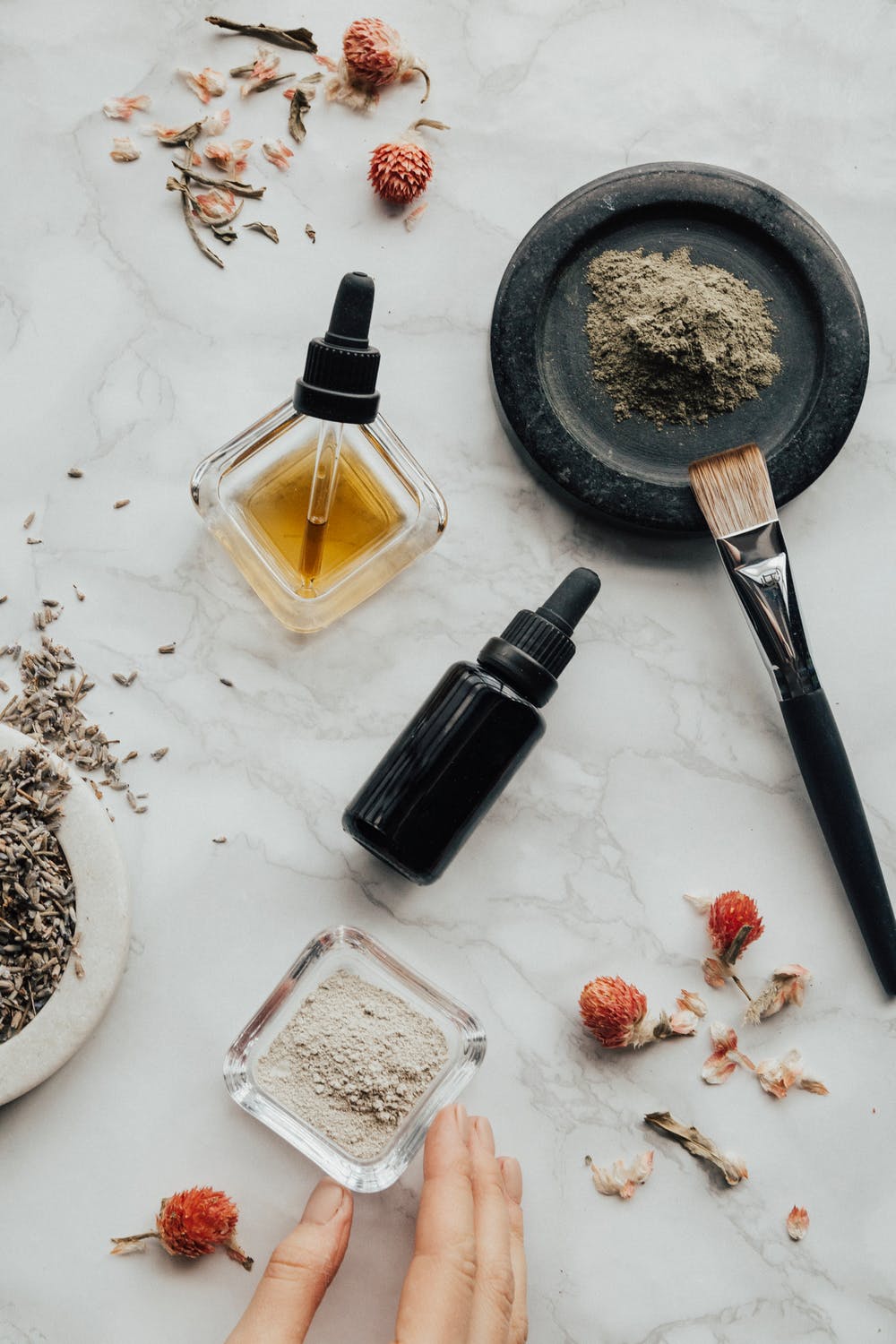It was late 2018 that the Farm Bill legalized cultivation of hemp, spawning a global industry that is now worth tens of billions. Of course, the bill outlined specific guidelines for the farming of hemp, a plant that’s closely linked to cannabis: for instance, the sale of CBD products is allowed by federal law only if the THC content stays below .3 percent, and anything higher would typically be classified as illegal marijuana.
The legalization led to major investment into the industry, but it has not been without challenges. Despite the thawing of federal laws involving hemp, the market still finds itself under a cloud of uncertainty and confusion. For CBD businesses in particular, operating in a field where manufacturers, vendors, advertisers, and banks are not fully appraised on hemp laws, means that the average consumer is likely to get mixed signals regarding the legality of hemp products in general.
Some industries still don’t know that hemp is legal is, and because of this, CBD entrepreneurs find it difficult to link up with partners that would basically help to expand business and reach a wider audience. The prevailing fear is that working with hemp companies may lead to penalties from state an federal agencies – which hasbeen known to happen wheninstitutions such asbanks provide payment platforms and other services for companies selling marijuana.
Some of these setbacks include the clampdown by the FDA on CBD companies that sell and promote CBD as a dietary supplement or food additive, and their argument is that the scientific community and federal health agencies haven’t conducted sufficient research on CBD to determine its safety in humans.
This is mostly true, because an online search for CBD studieswill not yield conclusive results – although, the same organizations thatare mandated withconducting research all claim that CBD is “generally safe” and “well-tolerated” by most people.
This includes the World Health Organization, which hasn’t found any cause for concern regarding the use of CBD oil particularly as a topical remedy for skin infections.
In a recent press release by Patrick McCarthy, industry expert and founder of ValidCare, an agency that provides research and intelligence on the hemp market, these are some of the emerging trends for CBD in 2020:
Safety and Product Assurance
Consumers today care deeply about safety and want detailed information about where hemp products come from, who grows them, and the farming practices used – in particular, consumers gravitate towards safe, sustainable, cruelty-free, and organic farming methods.
Whether we’re talking about boutique ice cream or big breweries, all the mainstream brands will now have to showcase every aspect of production starting from the farming level (even if it means posting farmers’ pictures on product packaging) and every process involves until the final product comes out.
This trend will dominate the hemp market as consumers demand to know things like farming practices, plant origins, product composition, and sustainability.
CBD As a Mental Health Aid
We’re currently witnessing a growing number of people who use CBD to manage conditions like anxiety and depression. Keeping in mind that mental health issues affect more than a third of the U.S. population, in 2020, it’s likely that even more people will stop going for Prozac prescriptions in favor of less-damaging CBD. Brands that sell to this particular audience will also commission studies into CBD and its impact on mental health; probably angling to market cannabidiol as a more sustainable remedy for anxiety and related conditions.
CBD Paving the Way for Other Cannabinoid Supplements
Cannabidiol was all the craze this past decade, but even as the market starts to experience growing saturation with an endless list of CBD products, expect more health-based organic brands to start looking into less mentioned cannabinoids such as CBN and CBG to hit the shelves. These compounds are already being studied for their impact on human health, especially with regard to processes such as appetite and sleep.
You can also expect the FDA to get even more anxious about the promotion of these “hemp and cannabinoid extracts”, probably warning consumers against trusting herbal-based brands at a time when research is still in its infancy. But even with the FDA voicing concern, companies will still create and push these products to larger audiences.
Baby Boomers Leading the Cause For CBD
Boomers are theone demographic leading the shift to CBD oil and related products, do use in treating joint pain, muscle pain, back pain, and arthritic pain in general. Expect this trend to really pick up as more seniors ditch over-the-counter prescriptionsfor hemp products. In the coming days they may also seek reimbursement or coverage through systems such as Medicare, FSAs, or HSAs.
For Our Friends in the UK
These are the top selling CBD brands in the UK:
- Blessed CBD
- CBD Pure
- Select CBD
- Love Hemp
- Holistic Hemp Scotland
- Hempura
- Endoca
If you’re looking to purchase CBD you can do so from the following shop which has all the necessary CBD products.





